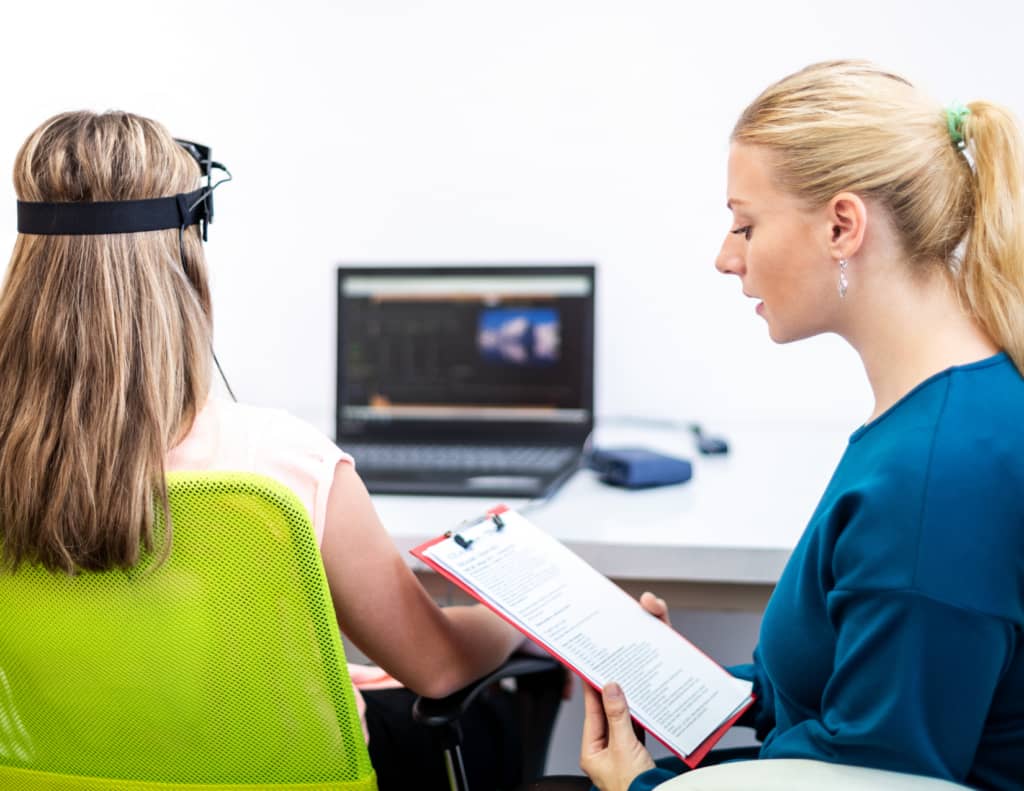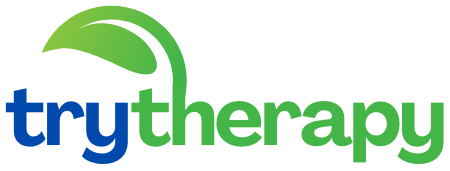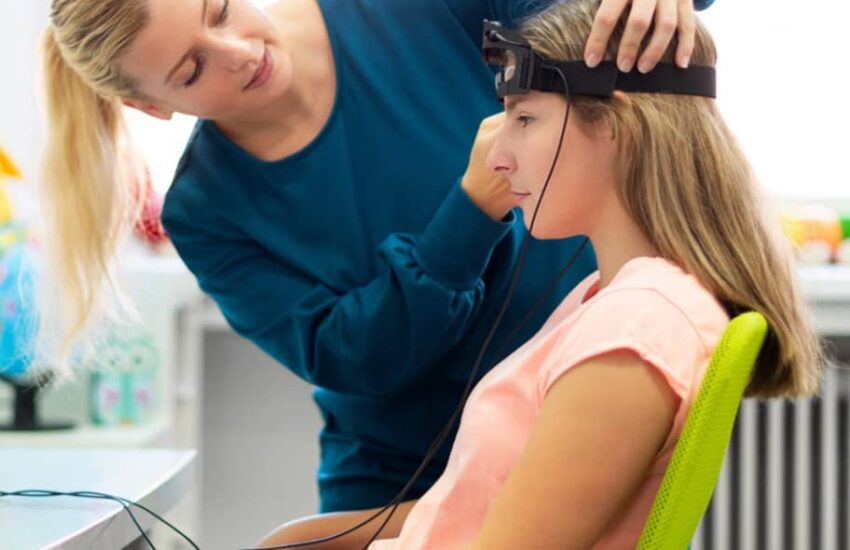Discover how biofeedback therapy showed me that my body wasn’t just some mysterious machine, but something I could actually understand and influence. I never thought I’d see the day when staring at a screen could actually lower my stress levels. But there I was, watching squiggly lines dance across a monitor, each peak and valley reflecting my heartbeat in real time. That moment changed everything for me. And if you’ve ever felt stuck in cycles of stress, pain, or anxiety, this might just be the game-changer you’ve been looking for.
Okay, let’s clear this up. First biofeedback isn’t some sci-fi mind-control experiment. It’s actually a pretty simple but genius concept: using sensors to track things like your heart rate, muscle tension, or even brainwaves, then showing you that data in real time so you can learn to control it. Think of it like a mirror for your nervous system.
The first time I tried it, I was skeptical. Could breathing differently really lower my blood pressure? But when I saw the numbers drop right there on the screen, I realized this wasn’t just some relaxation gimmick it was science. And the best part? No pills, no side effects, just you learning how your body works.

Here’s the thing most of us go through life completely unaware of what our bodies are doing under the surface. That tension in your shoulders? You might not even notice it until it turns into a headache. That shallow breathing when you’re stressed? It could be messing with your digestion, sleep, even your immune system. Biofeedback therapy helps you spot those patterns before they become problems. Some of the biggest benefits I’ve seen and that research backs up include:
Stress & Anxiety Relief, Learning to control your heart rate variability HRV can literally train your body to handle stress better.
Chronic Pain Management, Instead of relying on painkillers, biofeedback teaches you to relax tense muscles and shift your pain response.
Better Sleep, When you understand how your brainwaves work, you can actually nudge them toward deeper, more restorative sleep.
ADHD & Focus Issues, Neurofeedback a type of biofeedback for brain activity has helped so many people improve concentration naturally.
And these studies have even shown biofeedback can help with high blood pressure, migraines, and PTSD. It’s like having a toolkit for your nervous system.

I’ll be honest walking into that first session, I half-expected to be hooked up to some Frankenstein-style machine. But it was way simpler. The therapist stuck a few sensors on my fingers and chest, totally painless, and suddenly, my heart rate was on the screen in front of me. Then came the real test: Could I actually change it? At first, nothing happened. But after some coaching slow breaths, imagining a calm place I watched my heart rate dip. It was wild. Like discovering I had a secret dial inside me that I never knew how to turn.
Most people need a few sessions to really get the hang of it, but even that first glimpse of control was empowering. And now, with apps and wearable devices, you can even practice some techniques at home.
Key Reasons Biofeedback Therapy Might Be Your Missing Link
It’s Backed by Science Not Just Vibes, Unlike some wellness trends that rely on vague promises, biofeedback is rooted in decades of research. Studies show it can help with everything from hypertension to IBS. This isn’t just placebo, it’s your brain and body learning to work smarter.
You Actually See the Changes Happening
Ever tried meditation and wondered, Is this even doing anything? With biofeedback, you get instant proof. Watching your muscle tension melt away on a screen is way more motivating than just hoping you’re relaxing correctly.
The Skills Last a Lifetime, Once you learn how to regulate your stress response or quiet an overactive mind, those tools stay with you. I still use the diaphragmatic breathing trick I picked up in sessions whenever I feel overwhelmed.

If you’re tired of quick fixes that don’t last or medications with annoying side effects, biofeedback might be worth a shot. It’s not a magic cure you’ve gotta put in the work but the cool part is that the skills you learn stick with you.
I still use the breathing techniques I picked up in biofeedback whenever stress creeps in. And knowing that I’m not just hoping I’m relaxing, but actually seeing the changes? That’s next-level peace of mind.
Years later, I’m still amazed by how much this therapy changed my relationship with my body. It’s not about perfection some days, my stress levels still spike but now I have the tools to bring myself back. And in a world where we’re all looking for more control over our health, that’s pretty powerful.
References
Association for Applied Psychophysiology and Biofeedback (2021). About Biofeedback.
Acquiring an official page from AAPB on biofeedback:
Yucha, C., & Montgomery, D. (2008). Evidence‑Based Practice in Biofeedback and Neurofeedback.
National Center for Complementary and Integrative Health (2020). Biofeedback.
Frank, D. L., et al. (2010). Biofeedback in medicine: Who, when, why and how? Mental Health in Family Medicine, 7(2), 85–91.

